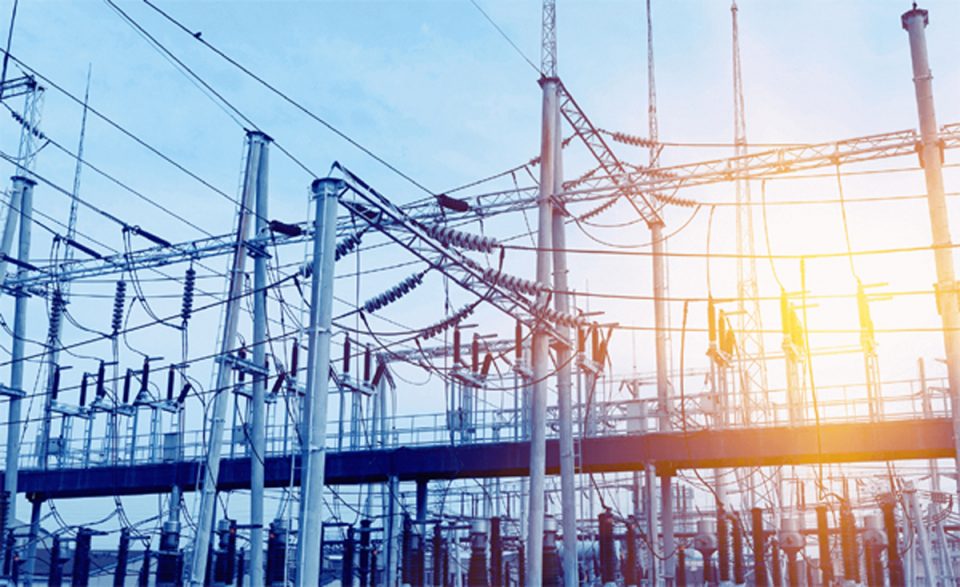Power generation slumps by 1,713GWhPower generation on the national grid slumped consecutively in the first and second quarters of 2022, recording a cumulative crash of 1,713.55 gigawatts-hour during the six-month period, the latest industry data indicated.
Data on the sector’s operational performance, in terms of power generation, showed that the total quarterly generation in Q1 2022 plunged by 632.17GWh to 8,848.04GWh, when compared to what was generated in the preceding quarter.
Figures obtained by our correspondent from the Federal Ministry of Power in Abuja on Tuesday, indicated that the fall in power generation continued in the second quarter, as it further crashed by 1,081.38GWh to 7,766.66GWh in Q2 2022.
The Nigerian Electricity Regulatory Commission, an agency of the Federal Government, decried the quarterly drop in power generation, as it blamed it on certain industry concerns.
“Incessant technical faults, gas constraints, maintenance as well as undulating load demand patterns have continued to affect the amount of energy generated by power plants,” it stated.
It explained that the operational performance parameters reported in the first quarter of last year covered the available generation capacity, average hourly generation, total quarterly generation, load factor and generation mix of grid-connected power plants, as well as the grid frequency and voltage patterns during the quarter.
On available generation capacity, it stated that there were 26 grid-connected power stations in 2022/Q1, consisting of 19 gas, four hydro, two steam, and one gas/steam-powered plants.
“The plants’ average available generation capacity during the quarter was 4,712.34MW, representing a 13.78 per cent decrease (-753.38MW) compared to 5,465.72MW recorded in 2021/Q4,” it stated.
It noted that incessant technical faults, gas constraints, as well as undulating load demand patterns had continued to affect the amount of energy generated by power plants.
“The reduced generation is also expected due to an overall reduction in available capacity,” the report stated, adding that the NERC was working towards gradual activation of contracts to incentivise commercial and contractual discipline throughout the value chain.



